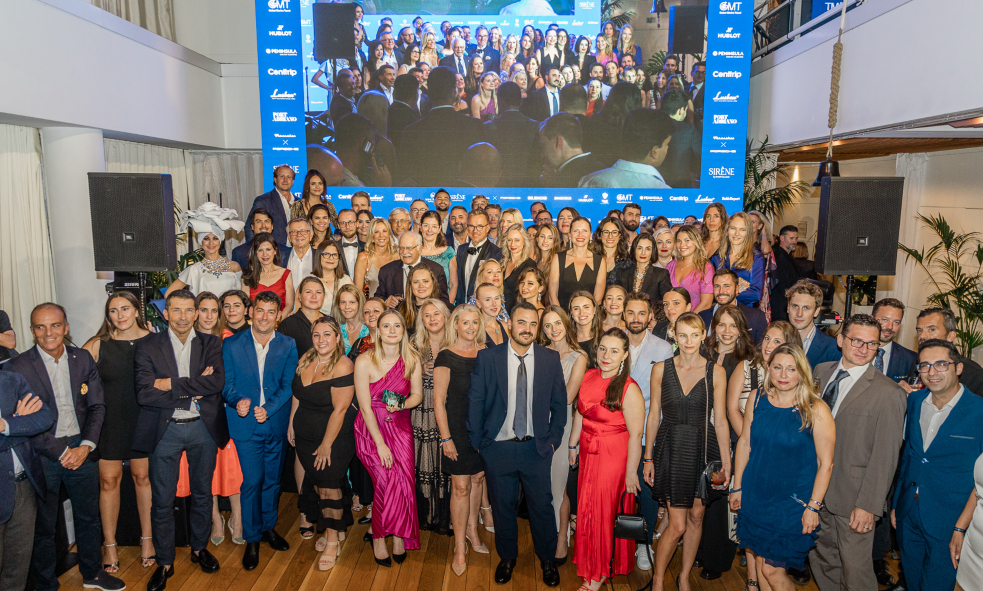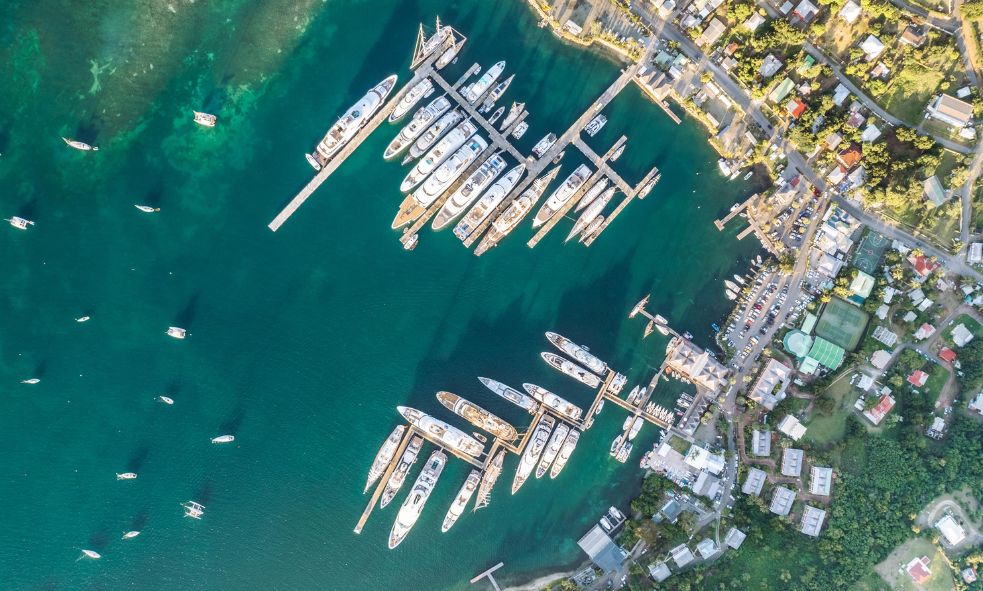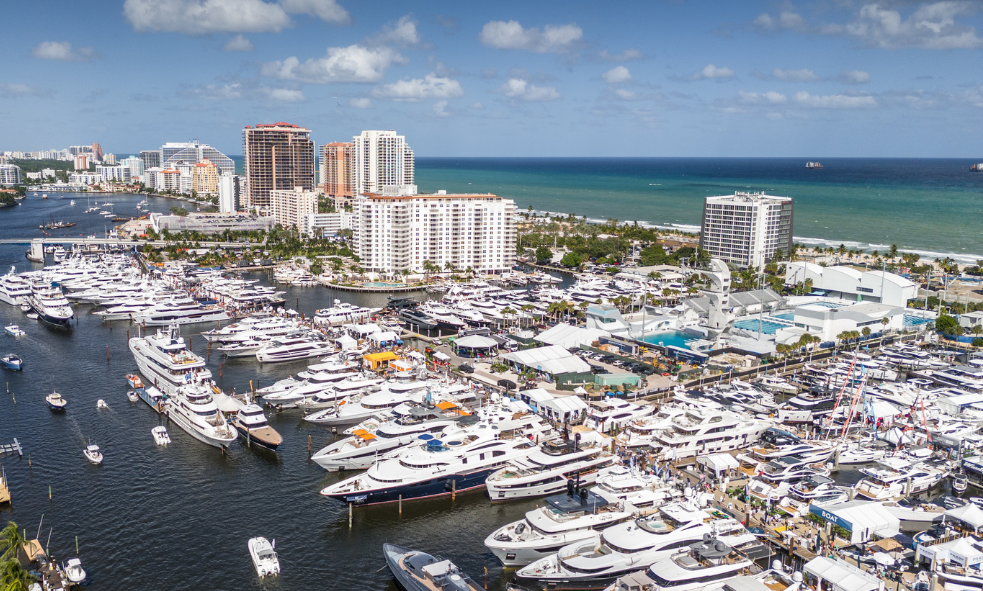The Ocean Crusaders

In response to the overwhelming amount of plastic choking our oceans and destroying marine life, Fraser announced its partnership with the Plastic Oceans Foundation in January 2017, as part of its ongoing efforts to protect the marine environment. So far, this has included stopping the use of plastic bottles, glasses, stirrers and other single use plastic items in all of Fraser’s offices and organising local beach clean events. Introducing recycling schemes in all Fraser offices, as well as partnering with CanOwater to introduce the innovative brand to the industry and help to reduce plastic bottle consumption on yachts.
The Plastic Oceans Foundation, a global network of independent non-profit and charitable organisations wants to improve the world’s attitude towards plastic within a generation; the very group of Millennials and Gen Z’ers who will inherit a man-made nightmare, and judging by the rate at which plastic manufacture and consumption is going, the future issue looks overwhelming. But, delve deeper into the issue and it soon becomes clear that there’s an abundance of young voices coming to the fore. Far from being the ‘armchair activists’ one might find on social media, these people are on the front line of ocean conservation.
One such tireless activist is Daniela Fernandez, founder of the Sustainable Oceans Alliance (SOA), the largest ocean youth network in the world with members in 50 countries. The organisation aims to empower the next generation to become leaders in preserving ocean health and sustainability. As a freshman, Fernandez had the opportunity to attend a meeting at the United Nations that was to hugely impact her future.
“My main takeaways were that I was the only young person in the room and that there was no true communication outlet to let the general public know about the circumstances threatening the ocean,” she explains. After vigorous efforts to gain funding, she founded SOA with the specific goal of bringing youth voices to the table. “We engage with young people through events run in partnership with various governments, the UN or The Economist, for example. We also leverage social media, using language that will empower young people.”
The SOA encourages young entrepreneurs to create start-ups to solve problems, all facilitated through the Ocean Solutions Accelerator, which is a three-month programme of mentorship based in San Francisco. Every year, a cohort of five successful applicants will be introduced to field experts, businesses, NGOs and mentors working with governments to enable them to push forward practical solutions.
Another entrepreneur taking action is Dutch former aeronautical engineering student, Boyan Slat. As a teenager, he began working on plans that would clear out half of the plastic pollution floating in the ‘Great Pacific Garbage Patch’ between California and Hawaii – a collection of marine debris in the North Pacific Ocean. Through his company, The Ocean Cleanup, he has raised around $31.5 million to develop a drifting V-shaped system designed to collect plastic debris at the ocean’s surface.
“When talking about environmental issues in general the common response is, ‘well that’s a long way off. That’s for our children to worry about’,” he says. But he enlisted the support of his contemporaries and older generation via social media when the idea went viral in 2013. “Without the internet, this project would not have been possible. I was overwhelmed when I started receiving 1,500 emails per day from people wanting to help,” says Slat. “This project couldn’t have existed without the support of the tens of thousands of people who have contributed their time, expertise or funds.”
Proving just how willing and active young people are in the battle to save the oceans, Slat was able to recruit an army of volunteers to sort through shipping containers full of plastic debris. “Within no time we found ourselves a group of interns who started the monumental effort of separating the plastic from the plankton with a pair of tweezers…I have a massive amount of respect for the work they did,” he says.
Motivated by a similar goal, but created for use closer to shore, two young surfers, Andrew Turton and Pete Ceglinski quit their jobs to focus on creating the Seabin, a contraption fitted with a pump that can catch an estimated 1.5kgs of floating debris per day. Designed for the calm waters of marinas and ports, these bins have been deployed all over the Mediterranean and are already making a meaningful impact. It seems there is hope for future generations.
Most of today’s youth, far from being complacent and ignorant, have grownup under the threat of global warming. There is a collective voice facilitating change – asking for a more sustainable model of development. Philippe Cousteau wrote recently that youth are the hope for our ocean; we need to show millennials that the horizon of possibilities is as vast as their vision is bold.
EIGHT WAYS TO REDUCE YOUR PLASTIC CONSUMPTION OVERNIGHT
1) Say no to plastic straws, and yes to reusable ones. We use more than 500 million plastic straws every single day.
2) Bring a reusable shopping bag with you. More than 1 million bags are used across the globe every day.
3) Get rid of the plastic water bottle. A single person using a reusable water bottle instead of single-use plastic bottles can save as much as 170 bottles from being produced each year.
4) Avoid snacks/food with excess packaging.
5) Stop using plastic cutlery.
6) Avoid cosmetic products that contain microbeads. The UK banned cosmetics containing microbeads in July 2017.
7) Choose metal over plastic razors. 2 billion plastic razors are discarded every year.
8) If it's plastic, think twice.








